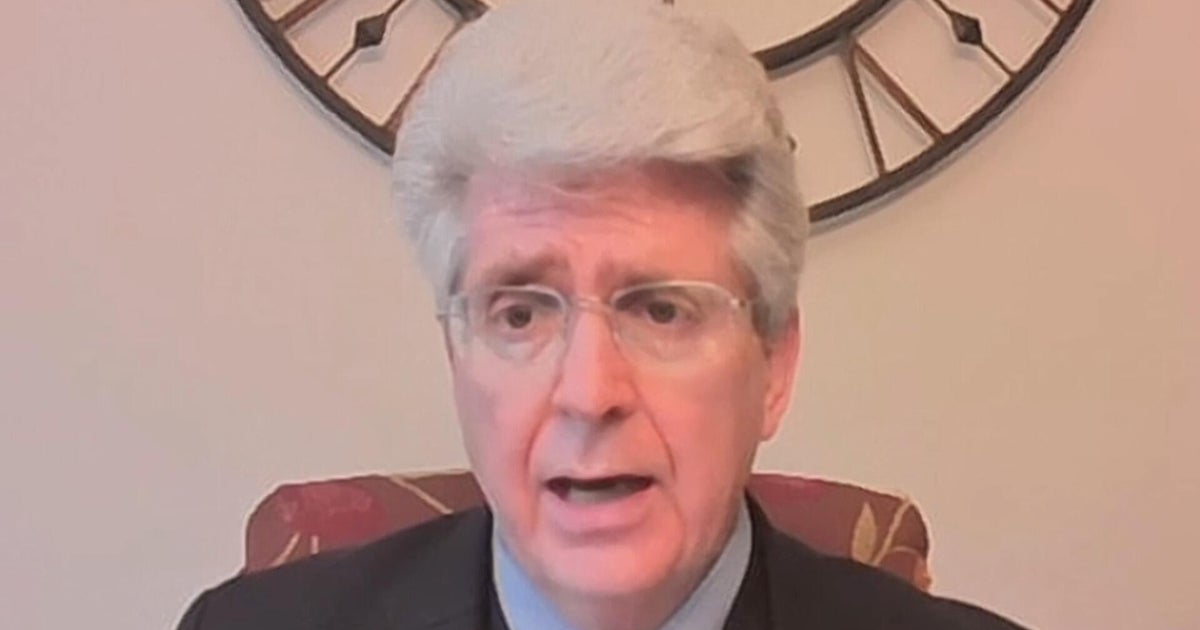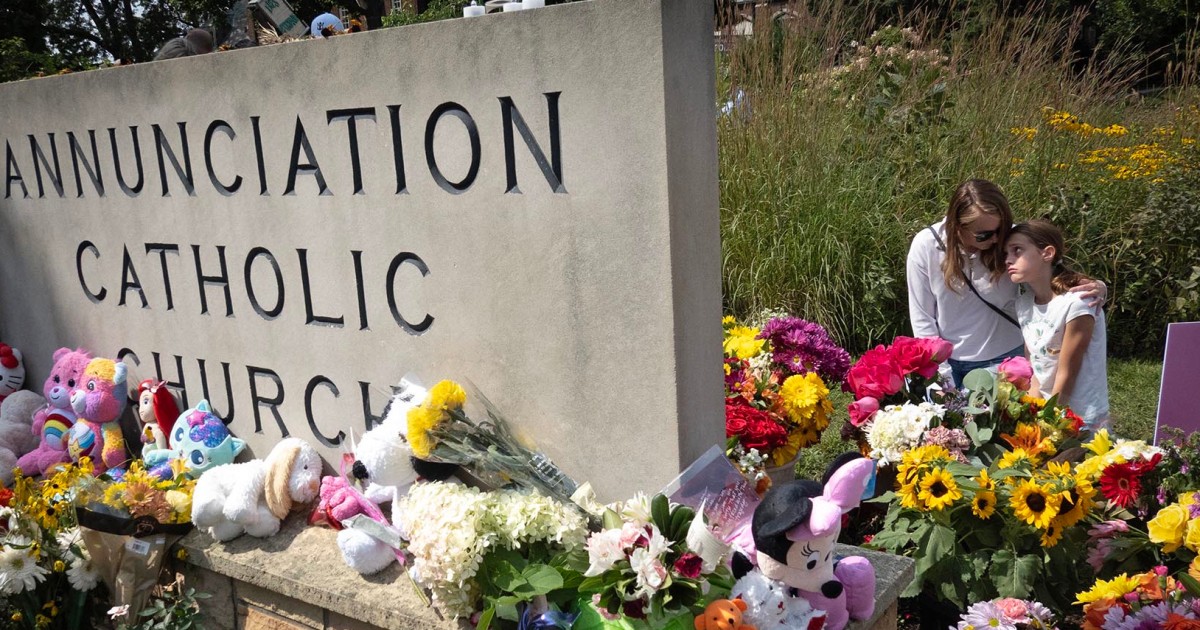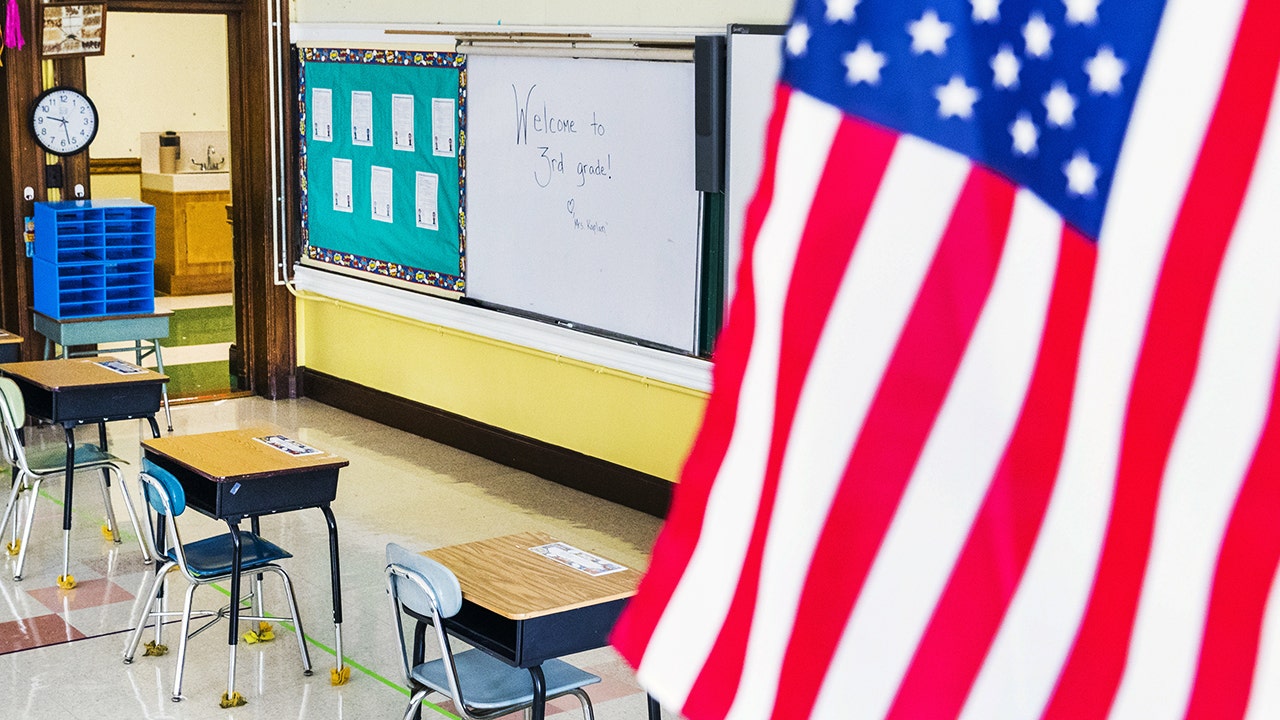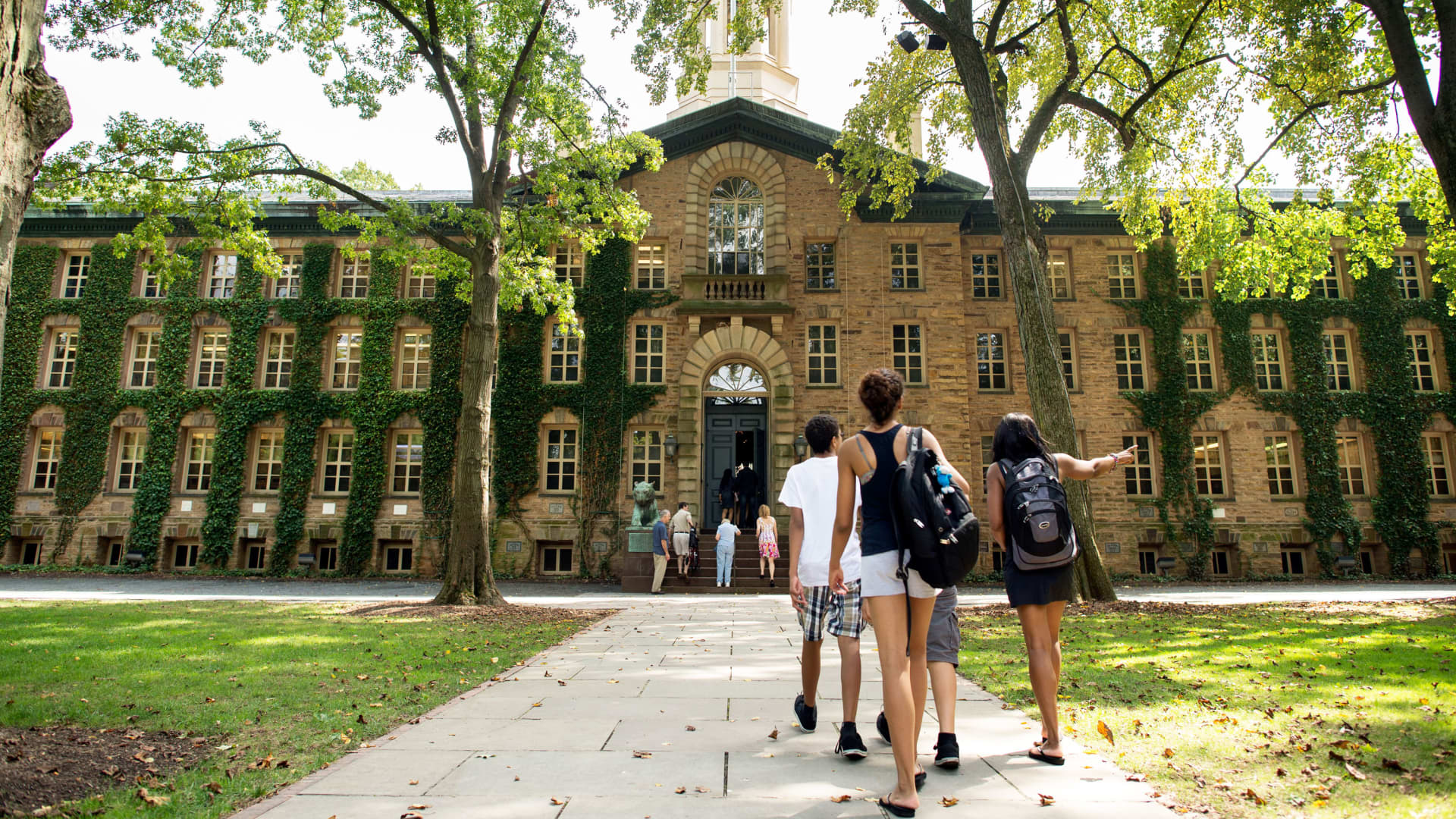The Battle for Academia: Trump’s Challenge to Harvard and Its Implications
As former President Donald Trump sets his sights on Harvard University, a leading professor analyzes the broader consequences of this confrontation for academic freedom and educational integrity. This clash raises critical questions about the future of higher education in America. What are the repercussions of Trump’s critique on Harvard, and how might it reshape the landscape of academia?
Understanding the Context
Trump’s renewed scrutiny of Harvard comes amid a broader cultural and political battle over academic institutions. Harvard, often viewed as a bastion of liberal ideology, has been a frequent target for conservative critiques. This confrontation is not merely a personal feud; it is emblematic of a larger war over academic freedom, educational integrity, and the role of universities in a democratic society.
The Historical Perspective
Historically, universities have served as platforms for rigorous debate and the exchange of ideas. However, the past few years have seen a marked increase in political interference in academia. Trump’s administration was characterized by attempts to impose ideological conformity in education, culminating in significant backlash from faculty and students alike. The current situation at Harvard reflects this ongoing struggle.
The Impacts on Academic Freedom
Trump’s challenge to Harvard raises pressing questions about the future of academic freedom. Academic freedom is essential for fostering innovation and critical thinking within educational institutions. A climate of fear or censorship can stifle intellectual exploration, hindering the progress of knowledge and research.
As noted by Dr. Emily Thompson, a Harvard professor of sociology, “The ongoing tension between political agendas and academic freedom threatens the very foundation of what universities stand for: the pursuit of truth through unfettered inquiry.” This statement underscores the potential risks that politicization poses to higher education.
Implications for Educational Integrity
Beyond academic freedom, Trump’s scrutiny of Harvard raises concerns about educational integrity. The integrity of educational institutions rests upon their ability to operate free from external pressures, allowing for the development of curricula that are comprehensive, unbiased, and reflective of diverse perspectives.
As Trump continues to challenge the legitimacy of elite institutions like Harvard, the fear of backlash may lead universities to alter their curricula or research agendas, potentially compromising their integrity. This shift could have dire consequences, not only for Harvard but for institutions nationwide.
The Role of Public Perception
The public’s perception of academia is also at stake. Trump’s rhetoric has mobilized a segment of the population that views elite universities as out of touch with the values of everyday Americans. This growing sentiment can lead to a further polarization of the educational landscape, where institutions may feel pressured to align more closely with populist sentiments rather than uphold rigorous academic standards.
The Future of Higher Education
Looking ahead, the implications of Trump’s challenge to Harvard could be profound. As universities navigate this political landscape, they must grapple with the balance between maintaining their core academic values and responding to external pressures.
One potential outcome is the emergence of a more politicized academic environment, where faculty and students may increasingly engage in self-censorship. Alternatively, this confrontation might galvanize a renewed commitment among educators to defend academic freedom and integrity against political encroachment.
Conclusion: A Call to Action
The battle for academia is far from over. As the situation unfolds, it is crucial for stakeholders in higher education—faculty, students, alumni, and policymakers—to advocate for the preservation of academic freedom and educational integrity. Universities must remain spaces for rigorous debate, critical inquiry, and the exploration of diverse perspectives.
In this pivotal moment, we must ask ourselves: What kind of future do we envision for higher education? The answer to this question will shape the next generation of scholars, leaders, and citizens. Let us stand united in defense of our educational institutions and the principles that underpin them.
See more TED Talks World



